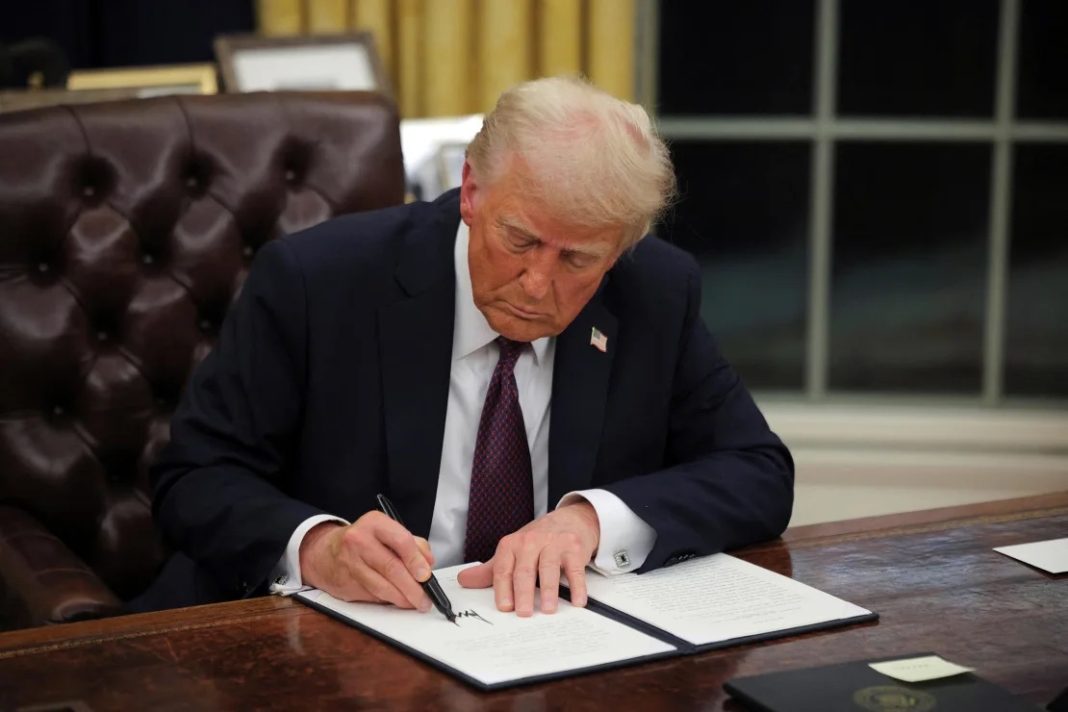WASHINGTON, USA — U.S. President Donald Trump on Monday, May 12, 2025, signed a sweeping executive order aimed at slashing the cost of prescription drugs, giving pharmaceutical companies 30 days to voluntarily lower prices or face federally imposed pricing restrictions.
“The cost of prescription drugs must come down, or there will be consequences,” President Trump declared at a morning news conference.
“We’re going to equalise. We’re all going to pay the same. We’re going to pay what Europe pays.”
The executive order, one of the most forceful attempts yet by the administration to address soaring drug prices, directs the Department of Health and Human Services (HHS) to begin negotiations with drug manufacturers.
HHS Secretary Robert F. Kennedy Jr. will spearhead the talks, with a mandate to secure lower prices within a month.
Should the negotiations fail, Kennedy is instructed to draft a regulation that would tie U.S. drug prices to those paid by other countries, many of which benefit from government-imposed pricing caps and bulk negotiation frameworks.
The model, often referred to as “international reference pricing,” has long been resisted by the pharmaceutical industry.
While the order targets price reform, its immediate impact on Americans with private health insurance remains uncertain.
The federal government’s leverage is strongest within public health programmes such as Medicare and Medicaid, where it exercises significant control over procurement and reimbursement rates.
The timing of the announcement is notable, coming just hours after House Republicans introduced a plan to cut $880 billion from Medicaid, a proposal that has already sparked debate over the future of healthcare access and affordability.
Analysts say the juxtaposition of aggressive cost-cutting promises with deep Medicaid funding reductions may complicate the administration’s efforts to position the order as a comprehensive solution to the country’s healthcare cost crisis.
The pharmaceutical industry has not yet formally responded to the executive order, but lobbying groups have historically opposed efforts to link U.S. drug prices to international benchmarks, arguing it could stifle innovation and limit patient access to new treatments.







